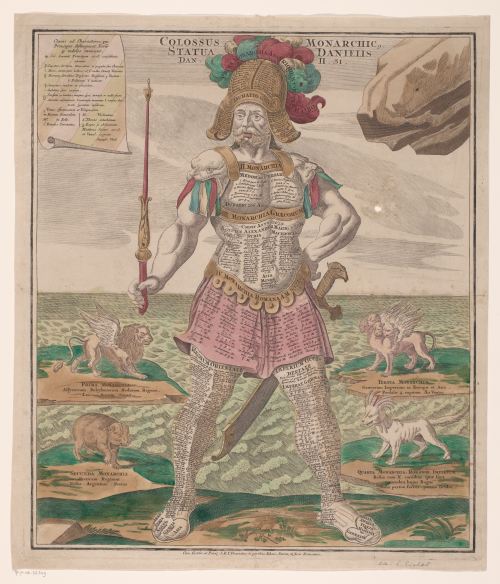
- Series editors
Aidan Norrie (Chair), University Campus North Lincolnshire
Karl Christian Alvestad, Universitetet i Sørøst-Norge
Louise Berglund, Uppsala University
Katarzyna Kosior, Northumbria University
Lloyd Llewellyn-Jones, Cardiff University
Catriona Murray, University of Edinburgh
Diana Pelaz Flores, Universidade de Santiago de Compostela- Geographical Scope
- Global
- Chronological Scope
- Antiquity to eighteenth century
- Keywords
- royal studies; queenship; kingship; patronage; display; material culture; inheritance; dynasty; rulership; political culture; power
- Flyer
- Download flyer
Monarchy, History, and Culture
The pharaohs of ancient Egypt, the kings of England, the tsars of Russia, and emperors of Japan are all familiar figures from history. They are a reminder that monarchy is one of the few forms of government that has a claim to universality: virtually every human society throughout history has been ruled by some kind of recognisably monarchical system. Given the increased scholarly attention monarchy has received in recent years, this series seeks to encourage fresh studies of this global phenomenon, using cutting-edge approaches and methodologies.
As a system of government and governance, monarchy has proved incredibly adaptable, resilient, and transformative throughout history. Monarchs have been patrons, commissioned art and architecture, led armies, and brought about religious change. At the same time, monarchs have been the subject of literary and material satire and have faced down, both successfully and unsuccessfully, a multiplicity of revolts and uprisings.
The series seeks to publish studies on monarchy, both individual and comparative, from the ancient world to the French Revolution. Its scope is broad, encompassing monarchs who succeeded by hereditary right, conquest, or via election, and is not restricted to monarchs bearing the title of ‘king’ or ‘queen’. In welcoming proposals for monographs and essay collections, ‘Monarchy, History, and Culture’ encourages interdisciplinary work and seeks to transcend traditional geographic and chronological boundaries. The series is also interested in the representations of premodern monarchies in modern media and the publication of transcriptions and translations of relevant primary sources.
